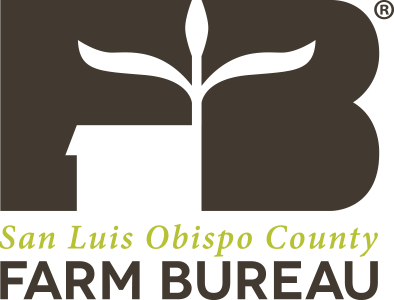The California Department of Pesticide Regulation (DPR) held a workshop on October 17, 2019 to explore additional  measures to protect bystanders and residents from acute (short-term) inhalation exposures to 1,3-dichloropropene (1,3-D). 1,3-D is a pre-plant fumigant used to control insects, nematodes, and other organisms in the soil that threaten a variety of crops including nut trees, berries, sweet potatoes, and grapes. It is commonly injected into the soil or applied through drip irrigation.
measures to protect bystanders and residents from acute (short-term) inhalation exposures to 1,3-dichloropropene (1,3-D). 1,3-D is a pre-plant fumigant used to control insects, nematodes, and other organisms in the soil that threaten a variety of crops including nut trees, berries, sweet potatoes, and grapes. It is commonly injected into the soil or applied through drip irrigation.
The DPR workshop discussion included the acute 1,3-D regulatory target concentration, possible 1,3-D mitigation measures, and timing for implementation. The workshop also provided time to answer questions and hear suggestions for alternative approaches that would be equally effective in reducing acute exposure to 1,3D.
Workshop Materials:
Supporting Scientific Documents:
- Comparing Emissions from Simulated 18 Inch and 24 Inch Shank Injection Treatments Of 1,3-Dichloropropene, PDF
- Effect of Pre-Application Soil Moisture on Emissions Of 1,3- Dichloropropene, PDF
- Simulation of 1,3-Dichloropropene Emissions from a Broadcast Application With Partial Low Permeability Film Surface Cover , PDF
1,3-D is a toxic air contaminant and a "restricted material" that requires a permit from the county agricultural commissioner prior to its application. In addition, applications of 1,3-D must be recommended by a licensed pest control advisor and supervised by a licensed certified applicator.
Further information will be posted as it becomes available.



